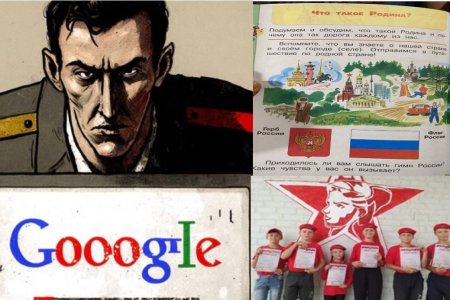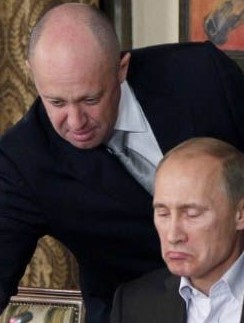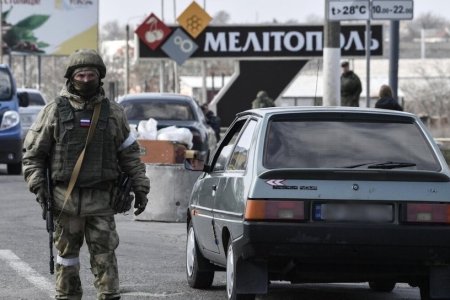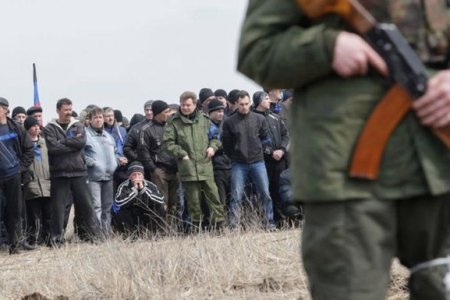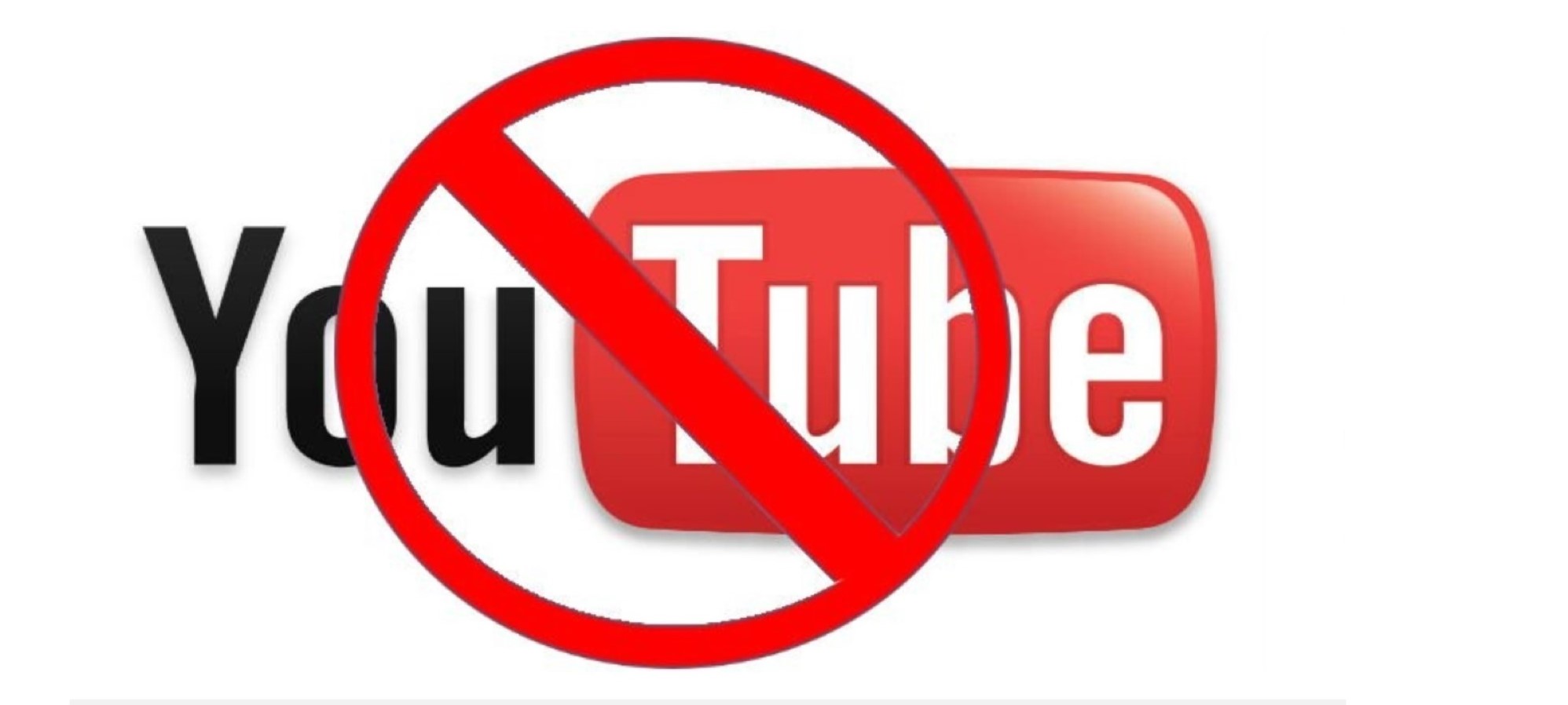
Access to YouTube disappeared on several occasions from August to the beginning of September in occupied Crimea arousing fear that Russia may be testing new methods of blocking one of the few remaining sources of information that it cannot otherwise control. Radio Svoboda has been monitoring the situation and believes it no accident that Moscow is demonstrating particular zeal in blocking information in Crimea, where there remains considerable opposition to Russia’s occupation. Concern is compounded by the fact that Russia’s effective censor Roskomnadzor is also intensifying efforts to block virtual private networks, or VPNs. These enable people in Russia and occupied parts of Ukraine to bypass blocks on websites that have become particularly widespread since Russia began its full-scale invasion of Ukraine.
Radio Svoboda cites various Telegram channels, including Crimean Wind which first reported apparent blocking of YouTube by Miranda Media on 31 August, as well as possible blocking of WhatsApp and Viber. Then access via other providers was not affected, however some other providers were also blocked on subsequent occasions.
For the moment the breaks are temporary, and access is restored. The providers themselves, while admitting the restrictions on access, are very reticent about the reasons. Radio Svoboda has, however, spoken with a person working in a technical capacity for Miranda Media. He reported that there had indeed been work carried out on blocking access to Google services, though the staff are not informed of the reason. He adds that there are rumours at his work that Moscow wants to totally cut Google out in Russia and occupied parts of Ukraine.
Deutsche Welle’s Russian language service reported on 25 August that Russian providers are testing a ‘site liner’ aimed at filtering out content that the regime considers ‘undesirable’. The report quoted the Telegram channel Za Telekom which stated that they had seen a letter sent to Russian Internet providers on 18 August. The latter were asked to test a new service, apparently doubling up on YouTube but controlled from Russia. The plan, which would scarcely receive approval from Google (which owns YouTube), would clearly be to appear to offer the same service, but censoring out those channels and texts that Russia does not want broadcast in the RF and in occupied parts of Ukraine.
Mikhail Klimarev, Director of the Society for the Protection of the Internet, believes that the plan is to create a program that will be able to censor YouTube, rather than directly blocking it.
Fears that Russia will either totally block YouTube, or seek means of censoring it, have been rife since the beginning of Russia’s full-scale invasion of Ukraine, and the accompanying escalation in repressive legislation and measures of censorship.
At the end of March 2023, Octagon reported that a group of Chinese specialists on so-called ‘cyber threats’ had arrived in Russia with a ‘road map’ being prepared on blocking YouTube.
Many experts believe that Russia cannot afford to go all out and seek to fully block YouTube, as Google has a large number of other services, with all of them intertwined. Hence the need to work out how to create a duplicate, but censored, version of YouTube, and the efforts to test restrictive methods on occupied Crimea.
Russia has begun restricting access to information and crushing any independent media in any part of Ukraine that fell under its control. It is no accident that a huge number of Crimean Tatar or other Ukrainian journalists / civic journalists are currently imprisoned in Crimea or Russia with all having been targeted because of their work in reporting on repression under Russian occupation. Since 2017, Russia has been almost openly persecuting members of the Crimean Solidarity human rights initiative, which has long been one of,, if not the main source of information about political persecution in occupied Crimea. As of September 2023, over half of the Crimean Tatar political prisoners serving horrific sentences or awaiting ‘trial’ were activists or journalists for Crimean Solidarity, with most having earlier faced administrative prosecutions and harassment.
The only two sources of information that Russia has not been able to block in occupied territory have, up till now, been YouTube and Telegram. It will be a disaster if it succeeds in gaining control over the content of YouTube and, particularly, in blocking VPNs or, at least, blocking them so that only real IT specialists will be able to bypass the barriers.
